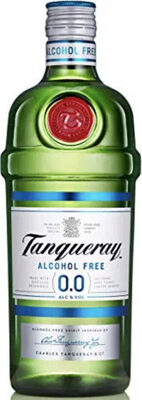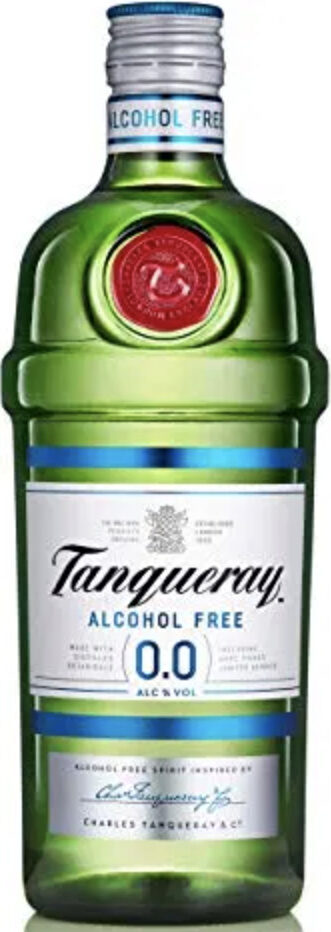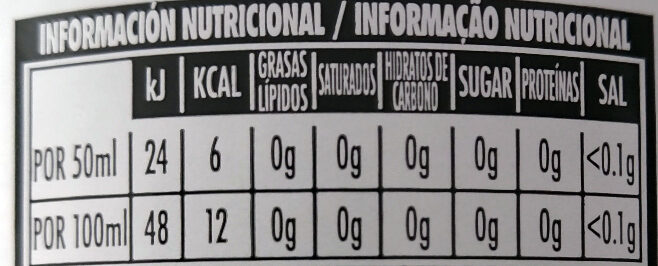Alcohol free 0.0% - Tanqueray - 700ml
Aquesta pàgina del producte no està completa. Podeu ajudar a completar-la editant-la i afegint-hi més dades a partir de les fotos ja disponibles, o fent-ne més amb l'aplicació de androide o iPhone / iPad. Gràcies!
×
Codi de barres: 5000291025510 (EAN / EAN-13)
Nom comú: Bebida sin alcohol de tipo espirituoso con edulcorantes elaborada a partir de productos botánicos y otros aromas naturales
Quantitat: 700ml
Empaquetament: es:Green dot
Marques: Tanqueray
Categories: Begudes, Begudes sense alcohol
Etiquetes, certificacions, premis:
No refrigerar, Punt verd, Aromes naturals, Sense alcohol, Amb edulcorants
Enllaç a la pàgina del producte en el lloc oficial del productor: https://www.tanqueray.com/en-gb/gins/tan...
Botigues: Mercadona
Països on es va vendre: Espanya
Matching with your preferences
Entorn
Empaquetament
Transport
Report a problem
Fonts de dades
Producte afegit per kiliweb
Última modificació de la pàgina del producte per ecoscore-impact-estimator.
La pàgina del producte, també editada per alia, yuka.sY2b0xO6T85zoF3NwEKvlhNWSfaB_TvUMgXRuW2Ux4ulPMLLS4tburX1GKo, yuka.sY2b0xO6T85zoF3NwEKvlkhCb4rTrg70MjXQvVOx6s6sI4zkY44jx7LmCas, yuka.sY2b0xO6T85zoF3NwEKvllVDftns-yieFwL6uXSa4NWudKe3c9tA5IrVDas, yuka.sY2b0xO6T85zoF3NwEKvlnBuaOvGmAjjOAHSkEmJmPy2BI3wRO8t0pTkLKg.







